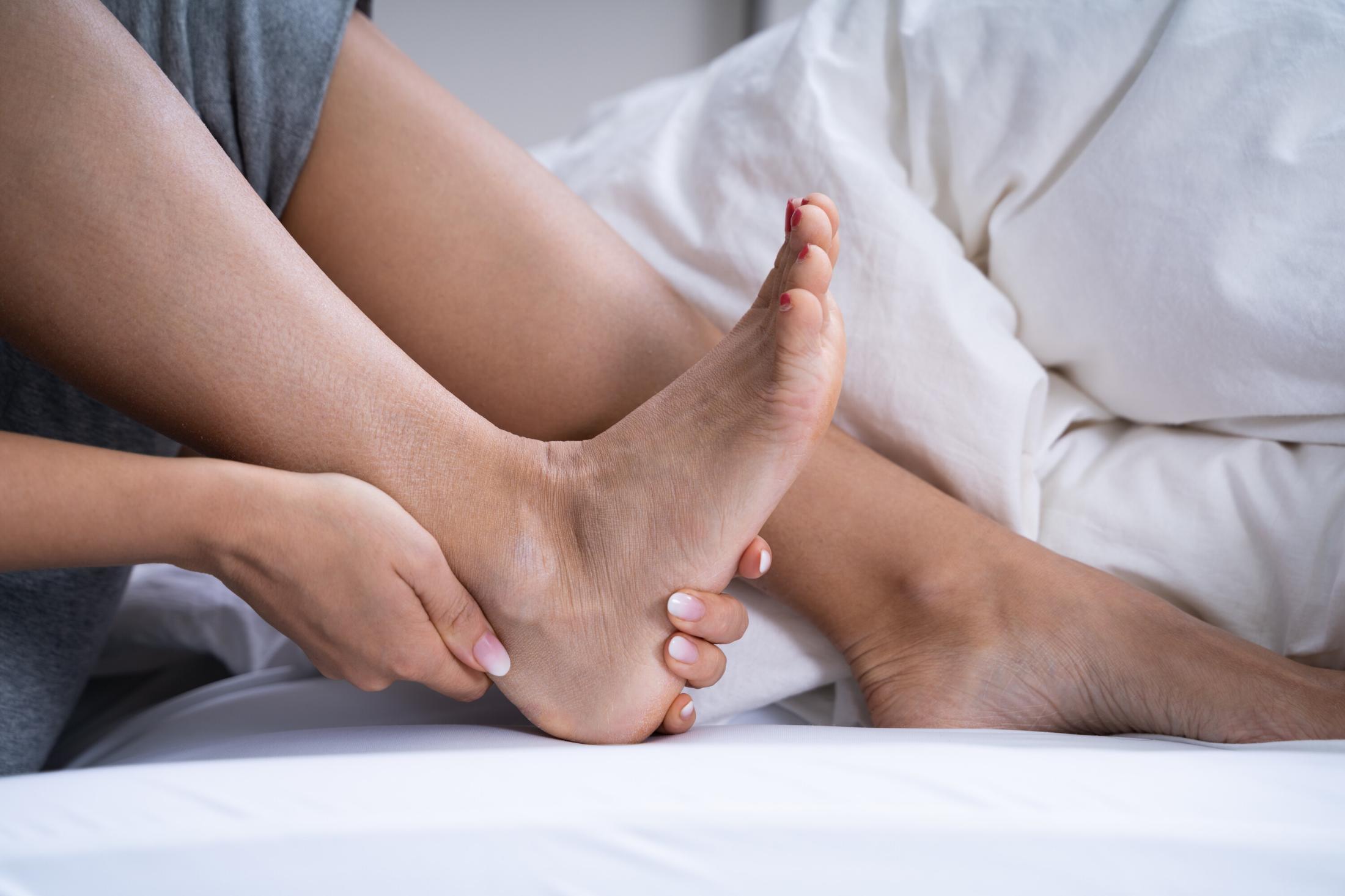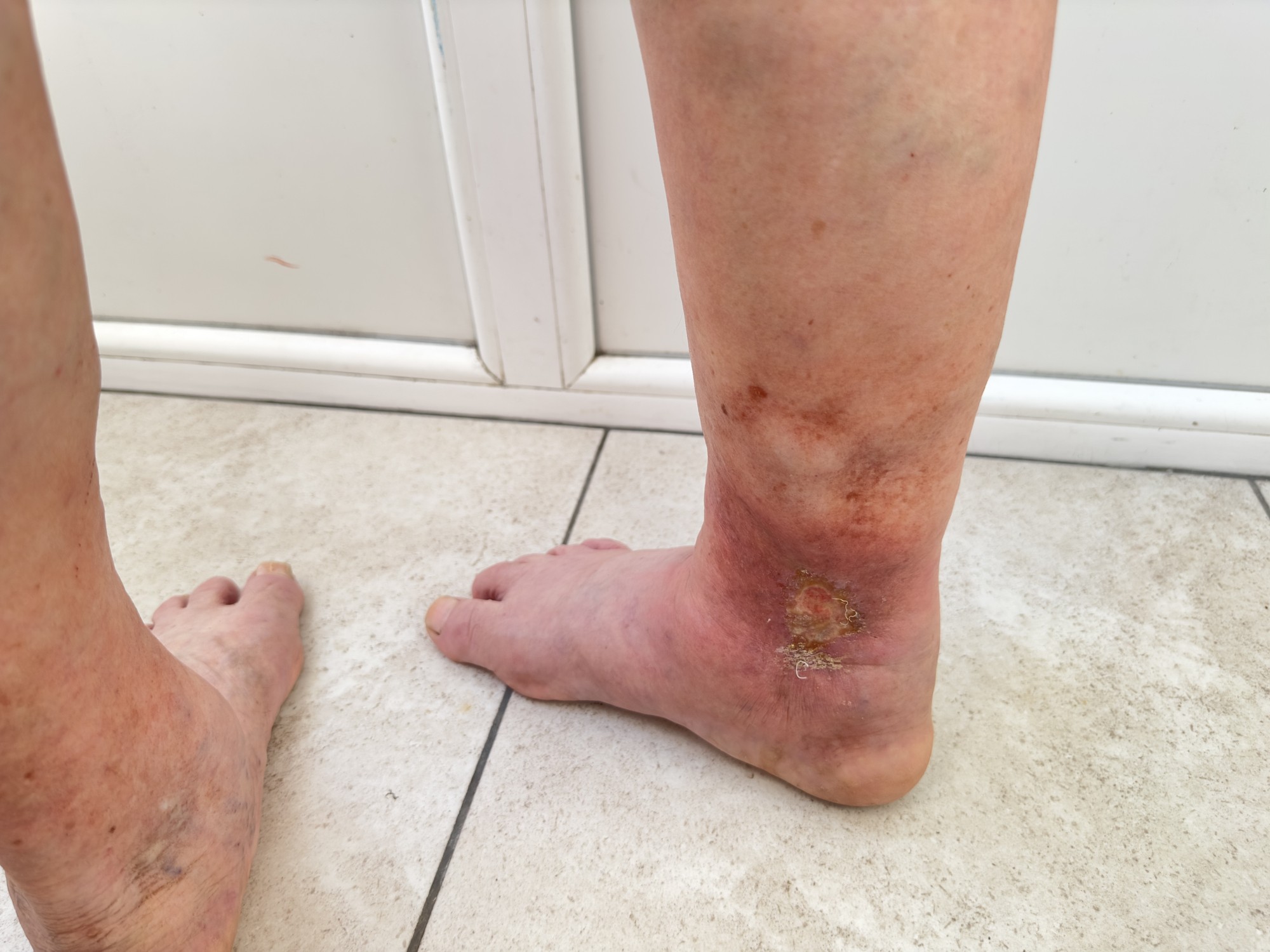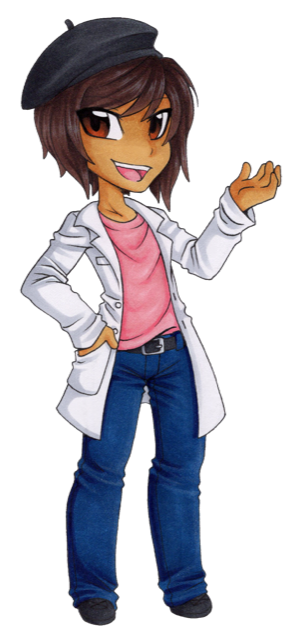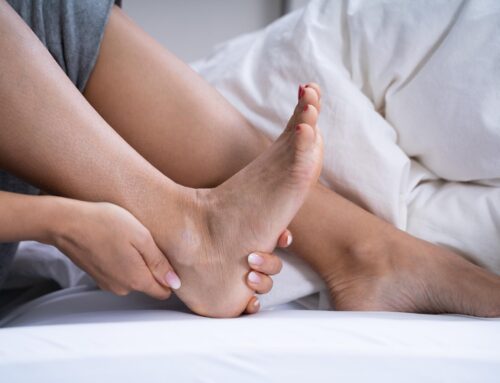Your feet are the foundation of your body, carrying you through every step of your day. Yet they’re often taken for granted until discomfort or pain starts to slow you down. What begins as a little soreness or fatigue can be easy to ignore, but these subtle signs often hint at deeper issues that can affect your balance, posture, and overall well-being.
You don’t need to wait until the pain becomes serious to do something about it. By recognizing the everyday signals that your feet need extra support, you can stay comfortable, move with ease, and prevent small problems from turning into long-term pain.
Warning signs your feet need more support
Your feet often give you clues when they’re under too much stress, but those signals can be easy to brush off. Paying attention to the little things can help you spot problems before they turn into bigger concerns.
Persistent foot fatigue
If your feet feel heavy or tired after a normal day of standing or walking, that’s not just part of getting older, it’s a sign they may not be getting the support they need. Extra strain on the muscles and ligaments in your feet can lead to ongoing fatigue that doesn’t go away with rest.
Aching arches or heels
Soreness in the arches or a sharp pain in the heel, especially when you first get out of bed, are common red flags. These can be early indicators of plantar fasciitis or other conditions that benefit from better alignment and cushioning. Ignoring these aches often means the pain lingers or worsens over time.
Shoes wearing unevenly
Take a look at the soles of your shoes. If one side wears down much faster than the other, it may mean your feet and ankles aren’t aligned properly. Uneven wear is more than a footwear problem, it’s your body telling you it’s compensating for imbalances that could affect your knees, hips, or back.
Body-wide clues you may not connect to your feet
Not all signs of poor foot support show up in your feet. Because your feet are the foundation of your posture and movement, even small imbalances can ripple through the rest of your body. Sometimes what feels like a back, hip, or balance issue actually starts much lower down.
Aches in your knees, hips, or back
When your feet aren’t properly supported, the way you walk and stand changes. Over time, this can put extra strain on your joints and muscles higher up in the body. If you’re dealing with recurring knee or back pain and can’t find the cause, your feet may be playing a bigger role than you think.
Posture and balance struggles
Feeling unsteady on your feet or noticing that you slouch more often can be linked to foot misalignment. Poor support can make it harder for your body to stay balanced, which can affect your stability and even increase the risk of falls as you get older.
Unexpected tension in other areas
Even headaches, shoulder tension, or tightness in your neck can sometimes be traced back to poor foot mechanics. When your foundation is off, your body compensates in subtle ways that create stress in places you’d never suspect.
Lesser-known signs your feet may need extra support
Not every signal is obvious. Sometimes your body shows subtle or unusual signs that don’t seem connected to your feet at first glance. Paying attention to these small details can help you catch problems earlier.
- Frequent calf cramps
If your calves tighten or cramp often, especially at night, it could be a sign your muscles are working harder than they should to compensate for poor foot alignment. - Tingling in the toes
Occasional tingling or numbness can be linked to circulation or nerve pressure caused by lack of proper support. While it’s easy to dismiss, recurring tingling is worth noticing. - Unexplained fatigue in other areas
Sometimes foot problems show up as hip or lower back fatigue rather than direct foot pain. When your foundation isn’t balanced, the rest of your body works overtime. - Blisters in the same spots
If you keep getting blisters in the same place, even with new shoes, it could point to misalignment or pressure that simple shoe changes won’t fix. - Noticeable shoe odor
Persistent odor can sometimes mean your feet are working harder and sweating more to maintain stability. It may also hint that your shoes don’t fit the way your feet move, a problem that added support can help correct.
When good shoes aren’t enough
A sturdy pair of shoes can make a big difference, but sometimes they’re not enough to solve deeper issues. Even the best footwear is designed with a “general fit” in mind, not the unique structure of your feet. That means if you’re dealing with pain, fatigue, or ongoing discomfort, supportive shoes alone may only provide partial relief.
If you find yourself buying high-quality sneakers, work shoes, or even specialty footwear and still experiencing the same aches, it may be a sign that something more personalized is needed. Shoes can cushion your step, but they can’t always correct the way your feet align or how your weight is distributed.
In these cases, added support, such as custom insoles or orthotics, can bridge the gap between what your shoes provide and what your body truly needs. Think of them as a way to fine-tune your foundation, so the rest of your body doesn’t have to work as hard to keep you moving comfortably.
Everyday lifestyles that increase the need for extra support
Sometimes it’s not just pain or discomfort that signals your feet need more help, it’s the demands of your daily routine. Certain lifestyles put extra stress on your feet, even if you’re not noticing sharp aches right away. Recognizing these situations early can help prevent problems before they start.
Athletes and active individuals
Running, jumping, or training for long hours puts repetitive strain on the feet. Even with good shoes, the constant impact can wear down natural cushioning and create alignment issues. Added support can reduce the risk of injuries and improve recovery.
Workers on their feet all day
Nurses, teachers, retail staff, construction crews, and anyone whose job requires standing for long stretches know the toll it takes on their feet. That constant pressure often leads to fatigue, soreness, and eventually joint pain if the feet aren’t properly supported.
Aging adults
As we age, the natural fat pads in our feet thin out, arches may flatten, and balance can change. These shifts make extra support more important, even for people who never had foot issues before. Addressing these changes early helps maintain comfort, mobility, and independence.
Custom vs store-bought support
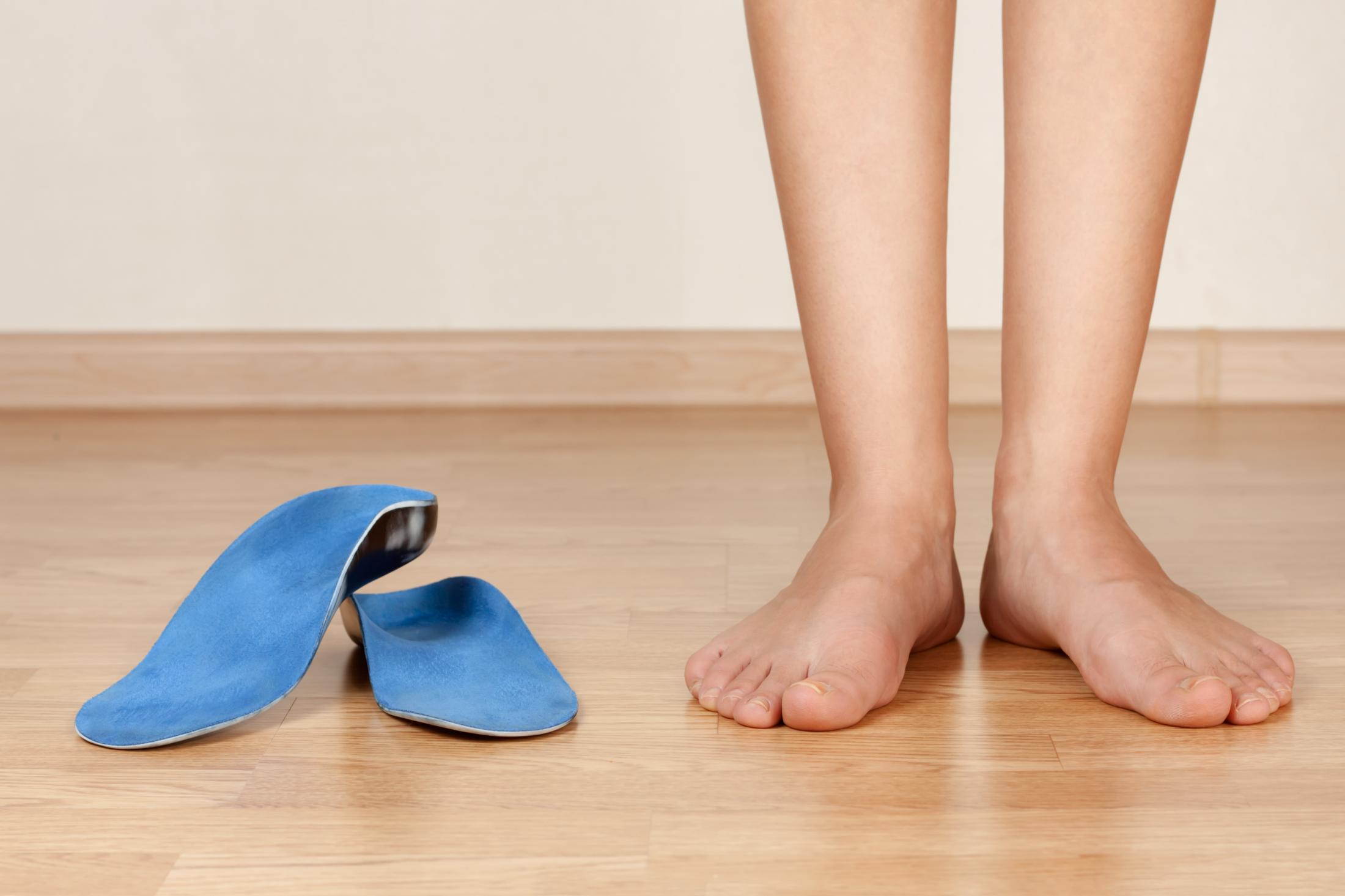
But store-bought insoles are designed to fit the “average” foot. If your needs are more specific, chronic heel pain, flat feet, arthritis, or an uneven gait, that one-size-fits-all solution may not go far enough. Custom orthotics are made to match the exact shape of your feet and address the unique way you move, offering targeted support where it’s needed most.
A good rule of thumb: if your discomfort is occasional and improves with rest, an over-the-counter insole may be all you need. If pain is persistent, spreading to other joints, or interfering with daily life, it may be time to consider custom solutions designed just for you.
Benefits of early action
One of the biggest mistakes people make with foot pain is waiting until it becomes unbearable. The truth is, addressing small issues early can make a big difference in your long-term comfort and mobility.
Preventing bigger problems
Ignoring early signs of foot fatigue or misalignment often leads to more serious conditions down the road, from chronic plantar fasciitis to knee and back pain. Taking action early helps you avoid those complications.
Staying active and independent
Healthy feet make it easier to keep up with the activities you enjoy, whether that’s walking, exercising, or simply getting through a busy day without discomfort. For older adults especially, strong foot support helps maintain balance and independence.
Improving performance and recovery
For athletes or anyone who leads an active lifestyle, added support isn’t just about reducing pain, it can also improve performance. Proper alignment and cushioning can reduce strain, enhance stability, and help your body recover more quickly after activity.
Self-Assessment Checklist
You don’t need medical training to notice when your feet, or your body, are hinting at a problem. Try this quick self-check. If you find yourself saying “yes” to several of these questions, it may be time to look beyond shoes for extra support.
- Do your arches ache in the morning when you take your first steps?
- Do your heels or ankles feel sore after standing or walking for long hours?
- Do your shoes wear down unevenly, with one side looking more worn than the other?
- Do you often feel knee, hip, or back pain after a day on your feet?
- Do you feel less balanced or more unsteady than you used to?
Scoring
- 0–1 “yes” answers: Your feet may just need occasional rest and supportive footwear.
- 2–3 “yes” answers: Added support like insoles could help ease strain.
- 4+ “yes” answers: It’s worth booking a foot assessment to see if custom solutions are right for you.
Listening to what your feet are telling you
Your feet do more than carry you, they communicate. Those everyday aches, tired arches, or unevenly worn shoes aren’t just minor annoyances; they’re your body’s way of asking for better support. Listening to those early signs can help you stay comfortable, prevent future pain, and keep moving at every stage of life.
If your feet have been feeling sore, tired, or achy, don’t wait until the new year to take action. Most insurance plans renew on January 1, meaning your current coverage may reset soon. Booking a professional orthotics foot assessment can help you feel better and ensure you make full use of your benefits before they expire. Learn how to maximize your insurance coverage for orthotics and orthopedic shoes.
Share This Story, Choose Your Platform!
Table of Contents
- Warning signs your feet need more support
- Body-wide clues you may not connect to your feet
- When good shoes aren’t enough
- Everyday lifestyles that increase the need for extra support
- Custom vs store-bought support
- Benefits of early action
- Self-Assessment Checklist
- Listening to what your feet are telling you
We specialize in orthotics, body braces, and compression wear tailored to your unique needs in Toronto. Reach out to us at info@caremed.care or call 416-782-5353 to book your fitting and consultation.
Experience the difference of customized solutions designed just for you.


